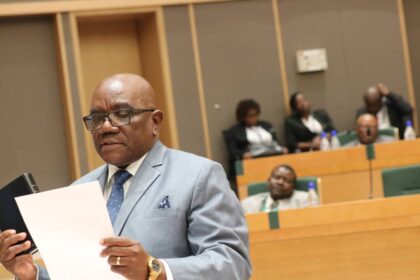CZI: Business wanted a COVID-19 revolving fund, not a guarantee
By Own Correspondent
Zimbabwean businesses suffered immensely during the COVID-19 pandemic due to the absence of a revolving bailout fund that could have worked better than the ZWL$18 billion government guarantee scheme, the Confederation of Zimbabwe Industries (CZI) chief executive officer, Sekai Kuvarika has said.
Kuvarika insists that the ZWL$18 billion stimulus package failed to serve its purpose owing to stringent terms which were not suited for bailing out companies already struggling to stay afloat.
In essence, there was no money set aside for business intervention.
“There was no business bailout package. It was just a government guarantee under an arrangement with some banks but could not offer any form of flexible lending terms. Instead, what could have been ideal was the setting up of a fund that would have soft terms and revolve for all businesses to benefit,” she said.
The interest rate for the ZWL$18 billion stimulus package was no different from pre-pandemic levels of 20% per annum, a rate widely perceived too high for bailout purposes in the wake of a devastating pandemic.
Moreover, in May this year, while addressing Parliamentarians, Finance and Economic Development Minister, Mthuli Ncube said the government could only guarantee 50% through local banks under the scheme.
“I understand there are some companies that accessed some funding from the scheme but generally it was not highly subscribed,” Kuvarika said.
She said there were also several reasons that led to companies losing appetite in subscribing to the stimulus package which included uncertainties in the economy, hyperinflation and weak consumer buying power during the pandemic among others.
However, the finance minister argues that without guarantees, the local banks would not have managed to avail the loans for businesses to borrow and that could have been catastrophic for the economy.
Besides the stimulus package for the business, the government had promised some citizens some social grants to cushion them during the lockdown. However, the funds never arrived.



